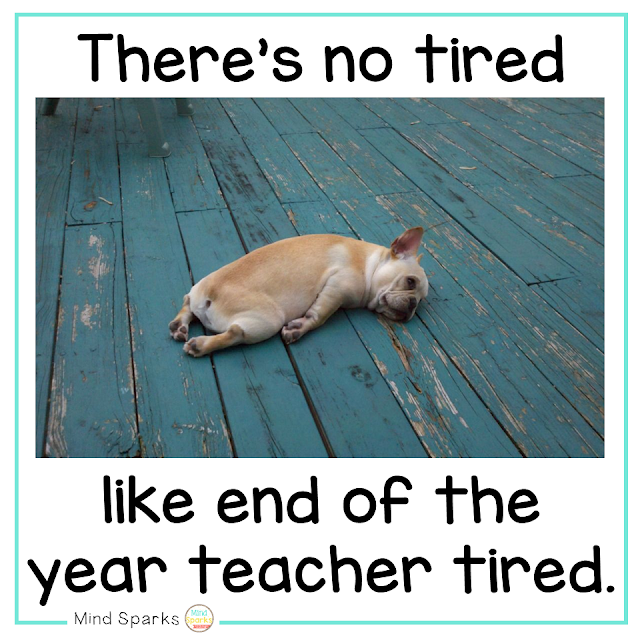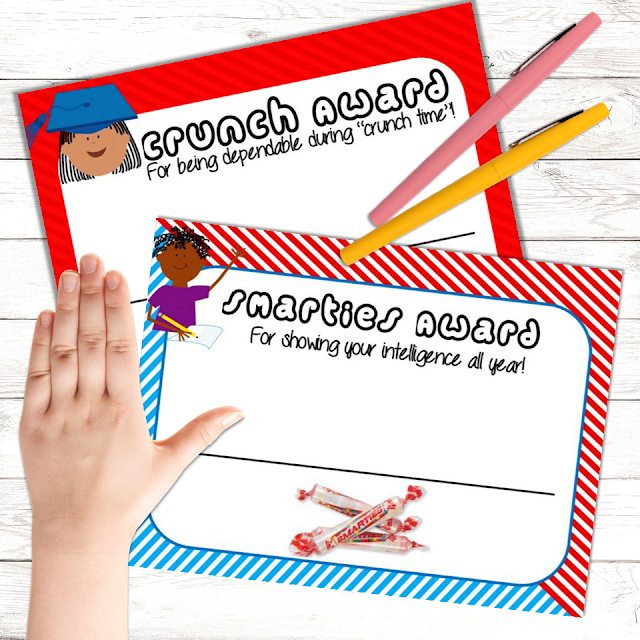My brain is already buzzing about what fun things I want to do this summer!
Now, If I am thinking all of these summery things.... I know my students are thinking about it too!
A great project to get your kids' sunny thoughts down on paper is to have them create a summer bucket list!
I love this project as an end of the year capstone. I double love it because it is easily adaptable to multiple ages and grade levels. Click the image below to download it for FREE!!
For beginning writers, use the buckets with sentence stems. New writers simply have to fill in their thoughts! If you have a writer that really struggles, use an adult or fellow student to act as a scribe.
For older students, or students who love to be creative--try a bucket with a summer story starter. You will be amazed at some of the creative stories students can come up with.
Other buckets are just blank templates. These are designed with advanced writers in mind, as experienced writers do an excellent job of generating ideas, organizing their thoughts and getting it down on paper.
This activity is definitely one that you can use year after year!















